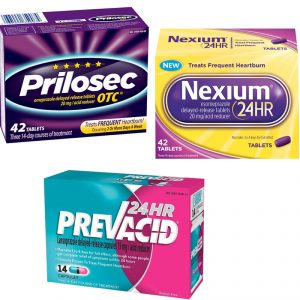 by HWC Partner Michael Eldridge
by HWC Partner Michael Eldridge
Over the past two decades, the cell phone has evolved into a vital extension of our daily lives. The smartphone is now how we respond to emails, listen to music, surf the Internet, take photographs, buy groceries, make dinner reservations, and much, much more. All this use creates an enormous amount of data about us. What most of us might not realize, however, is that all of this forensic evidence is stored right inside our device.
In recent years, parties in litigation regarding motor vehicle collisions have battled over the discoverability of this forensic evidence. The battle centers on two competing interests. The need to uncover relevant evidence versus a person’s right to privacy. As it relates to the former, it is unquestionable that cell phone evidence could lead to the discovery of important evidence. According to the nonpartisan Pew Research Center, as of early 2018, 95% of adults in the United States owned a cell phone,1 77% of which owned a smartphone.2 What has grown alongside these astonishing ownership rates is device capabilities. Smartphones today have what seems like infinite capabilities, which creates an infinite number of distractions. According to the National Safety Council, 25% of highway crashes in the United States are caused by distractions from the use of cellular phones and/or smart devices.3
 Alabama Injury Law Blog
Alabama Injury Law Blog




